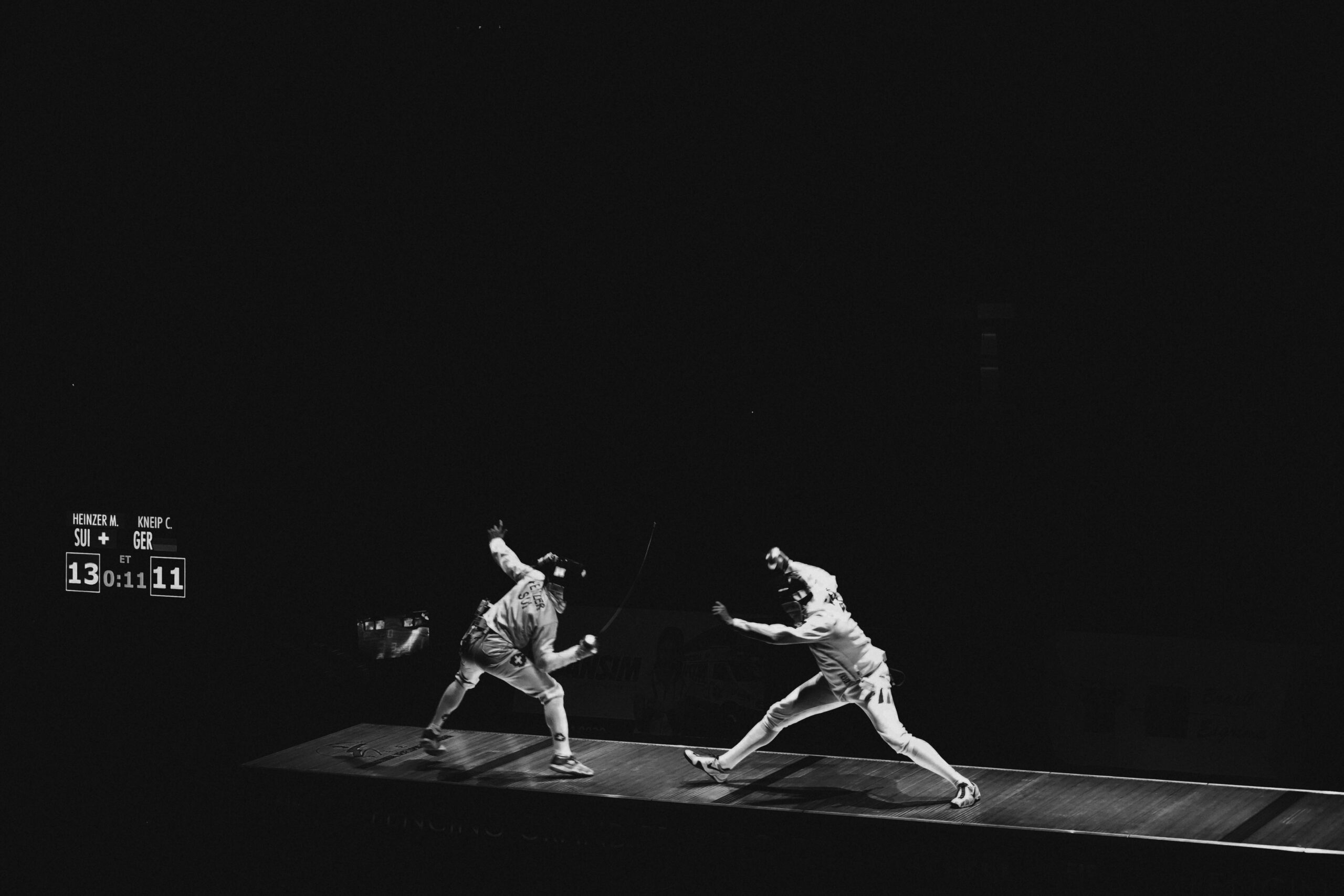The Olympic Games, a global competition celebrating human fulfillment, have early records spanning more than two hundred years. From their humble beginnings in historic Greece to the outstanding spectacles we see in recent times, the Olympics embody the age-antique spirit of sportsmanship, harmony and the pursuit of greatness In this problem, we are able to delve into the journey of the Olympics from the inside. Pull within the route.

Ancient beginnings
The roots of the Olympic Games can be traced again to 776 B.C. Those video games have been held in honor of Zeus, the ideally suited god of Greek mythology, and were not simply athletic contests. They symbolized the height of the historic Greek way of life and attracted athletes and spectators from across the Mediterranean. Imagine the big green forests and non violent forests surrounding Olympia, nestled in a non violent valley where the rivers Alpheos and Cladeos meet Here the worldly means of Olympia can be visible, with plans just like the well-known Temple of Zeus, with a significant statue of the god himself
The birthplace of the contemporary game
Fast ahead to April 6–15, 1896, in Athens, Greece—the birthplace of the historic Olympics. The establishing ceremony of the cutting-edge Olympic Games marked a milestone inside the creation of sporting traditions and cooperation in worldwide sporting sports. These modern games were in large part based on their historical Greek predecessors, recorded in 776 B.C. The torch was lit anew, and athletes from all around the world gathered to compete in a spirit of harmony and attempt.
The Connection to Zeus
Zeus, respected because he was the king of all Greek gods, became the driving force behind the historic Olympics. The Games have been a testament to their probable and effective nature. As contributors competed in several athletic events, they honored Zeus and celebrated their shared humanity. The Olympic Games have become a defining social, religious, and cultural element of historical Greece, transcending borders and fostering camaraderie.

The Legacy Lives On
Today, the Olympic flame continues to burn brightly. From the historic stadium at Olympia to the brand new arenas of Tokyo, the Games encourage awe and admiration. Athletes push their limits, international locations come together, and spectators cheer for moments that transcend time. The Olympic journey—from historical roots to trendy glory—stays an epic saga of human fulfillment and resilience.
The historic Olympic occasions.
The historic Olympic Games, held from 776 BCE to 393 CE on the sacred site of Olympia, featured numerous athletic competitions. Here are some incredible occasions:
- Running: Athletes participated in foot races, together with the stade race (a 200-meter dash), the diaulos (a 400-meter race), and the dolichos (starting from 7 to 24 stades).
- Long Jump: Athletes used stone or lead weights called halteres to increase their soar distance. They held onto the weights at some stage in their flight, after which they jettisoned them backward.
- Discus Throw: The discus, in the beginning made from stone and later of iron, lead, or bronze, changed into a throw in a way much like these days’s freestyle discus throw.
- Wrestling: A valued form of military workout without guns, wrestling matches persevered until one contestant admitted defeat.
Boxing: Boxers wrap straps around their palms to bolster their wrists. Over time, they used hard leather straps, every now and then inflicting disfigurement. - Pankration: A primitive martial artwork combining wrestling and boxing, considered one of the toughest sports activities. Legend attributes its foundation to Theseus defeating the Minotaur within the labyrinth.
- Equestrian Events: These protected horse races and chariot races are inside the Hippodrome, a wide, flat area.
The ancient Olympics celebrated athleticism, team spirit, and the iconic spirit of human success.

Did women participate in the historic Olympics?
In the ancient Olympics, women were not allowed to take part in the public festivals. However, there were exceptions:
Kyniska of Sparta: In the early 4th century BCE, Kyniska, daughter of Eurypontid king Archidamus II, gained the 4-horse chariot race in 396 and 392 BCE. She became the first woman to win an Olympic medal.
Other Greek Women: Women from Lacedaemon (Sparta) additionally finished Olympic victories.
Ptolemaic Dynasty: Belistiche, a courtesan of Ptolemy II in Egypt, competed in 268 and 264 video games. Berenice II, queen of Egypt, received chariot races in Greece.
While women weren’t a part of the public Olympic Games, their presence and achievements left a lasting legacy.
Conclusion
As we have a good time at the Olympic Games, allow us to don’t forget their origins within the sacred groves of Olympia. Let us honor Zeus, the historical athletes, and the legacy they left behind. From historic Olympia to the worldwide level, the Olympics remind us that greatness knows no bounds. So, whether or not you’re a sports enthusiast or a curious soul, embody the spirit of the Games and wonder at the epic journey that unites us all.







+ There are no comments
Add yours